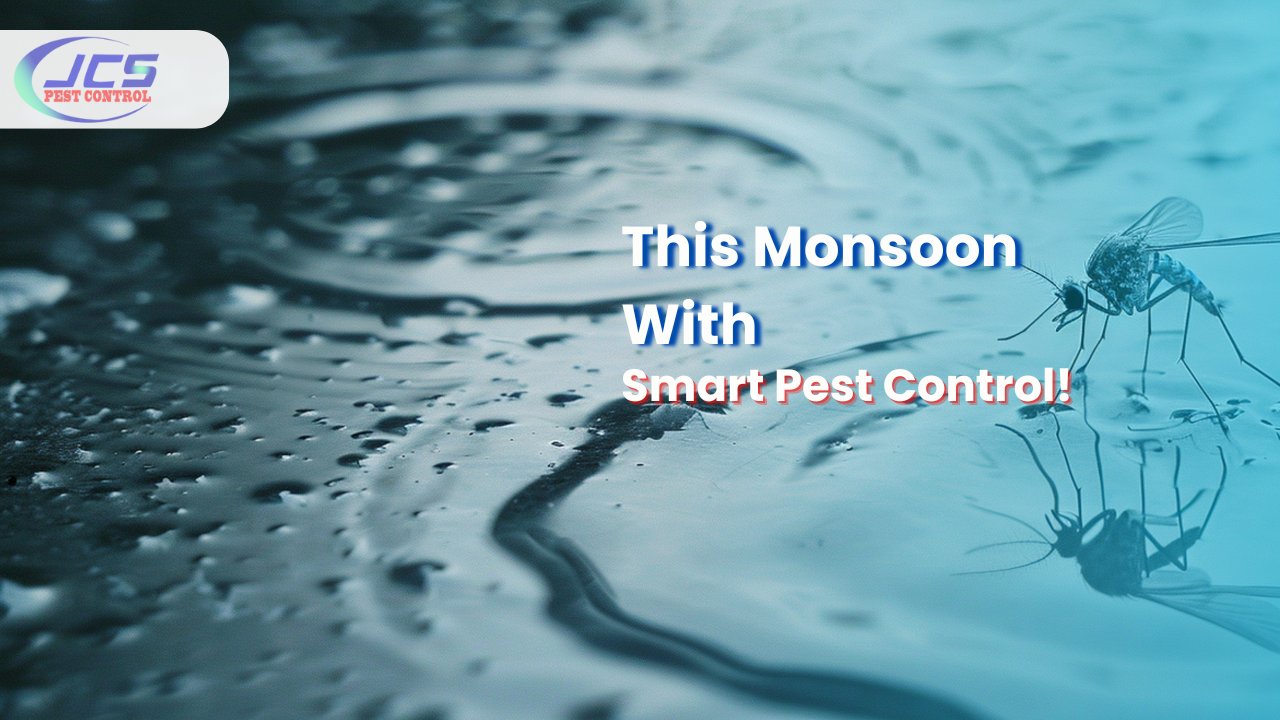In the eternal battle against pests, both indoors and outdoors, the use of chemical pesticides has long been the norm. However, as awareness grows about the environmental and health impacts of these chemicals, there’s a growing interest in alternative methods, particularly those that work with nature rather than against it. One such approach gaining traction is the use of pest-proof plants – flora that naturally repel or deter pests, thus reducing the need for harmful chemicals. In this article, we delve into the world of pest-proof plants and how professionals are harnessing nature’s defenses to keep pests at bay.
Understanding Pest-Proof Plants
Pest-proof plants are indeed invaluable in integrated pest management strategies. With incorporating these plants into landscaping and garden designs, homeowners can significantly diminish their dependence on chemical pesticides. This approach not only promotes environmental sustainability but also fosters the development of healthier and more balanced ecosystems. JCS Pest Control provides homeowners with effective and eco-friendly solutions for managing pest infestations.
Pest-Proof Plants
- Lavender (Lavandula spp.): Known for its fragrant blooms and calming properties, lavender also acts as a natural insect repellent, particularly against mosquitoes, flies, and moths.
- Marigold (Tagetes spp.): These cheerful flowers contain compounds like pyrethrin, which repel aphids, nematodes, and other garden pests. Planting marigolds around vegetable gardens can help protect crops from damage.
- Rosemary (Rosmarinus officinalis): In addition to its culinary uses, rosemary contains oils that repel insects like mosquitoes, cabbage moths, and carrot flies. It’s an excellent companion plant for vegetables and ornamentals.
- Chrysanthemum (Chrysanthemum spp.): Chrysanthemums contain pyrethrin, a natural insecticide widely used in commercial pest control products. These flowers deter aphids, ants, and spider mites, among other pests.
- Catnip (Nepeta cataria): While beloved by cats, catnip contains a compound called nepetalactone, which repels mosquitoes, cockroaches, and other insects. Planting catnip around outdoor seating areas can help keep pests at bay.
- Basil (Ocimum basilicum): This popular culinary herb not only enhances dishes but also repels mosquitoes and flies. Planting basil near doors and windows can help prevent these pests from entering the home.
Harnessing Nature’s Defenses
- Companion Planting: One of the most effective strategies employed by professionals is companion planting, where pest-resistant plants are strategically interplanted with vulnerable crops to deter pests. For example, planting aromatic herbs like basil, rosemary, or mint alongside vegetables can confuse pests with their strong scents, reducing the likelihood of infestation.
- Trap Crops: Certain plants act as “trap crops,” attracting pests away from valuable crops. For instance, marigolds are known to attract nematodes away from vegetables like tomatoes, protecting the latter from damage. By sacrificing a portion of the garden to these trap crops, professionals can prevent widespread pest damage to primary crops.
- Natural Repellents: Some plants produce compounds that repel pests, serving as natural insecticides. For instance, citronella grass emits a strong fragrance that repels mosquitoes, making it a popular choice for outdoor spaces. Similarly, lavender, garlic, and chrysanthemums contain compounds that deter a wide range of pests, including mosquitoes, aphids, and beetles.
- Physical Barriers: Certain plants have physical characteristics that make them less appealing to pests. For example, plants with hairy or fuzzy leaves, such as lamb’s ear or hairy vetch, can be less attractive to pests like aphids and caterpillars due to the difficulty they face in navigating the foliage.
Benefits of Pest-Proof Plants
- Environmentally Friendly: By reducing the reliance on chemical pesticides, the use of pest-proof plants promotes environmentally sustainable pest management practices, minimizing harm to beneficial insects, birds, and other wildlife.
- Healthier Ecosystems: Incorporating pest-proof plants into landscapes and gardens enhances biodiversity by creating habitats for beneficial insects and wildlife, thus promoting ecological resilience.
- Enhanced Aesthetics: Many pest-proof plants are aesthetically pleasing, adding beauty and diversity to landscapes, gardens, and indoor spaces.
Chennai Pest Control provides pest management services that leverage the natural defenses of plants to safeguard crops, landscapes, and indoor spaces. By integrating these plants into gardening practices and landscaping designs, experts can foster healthier ecosystems, minimize environmental footprints, and establish resilient, sustainable environments for future generations. As awareness of the advantages of pest-resistant plants expands, their utilization is poised to rise, paving the path for a more environmentally conscious and mutually beneficial coexistence between humanity and nature.




